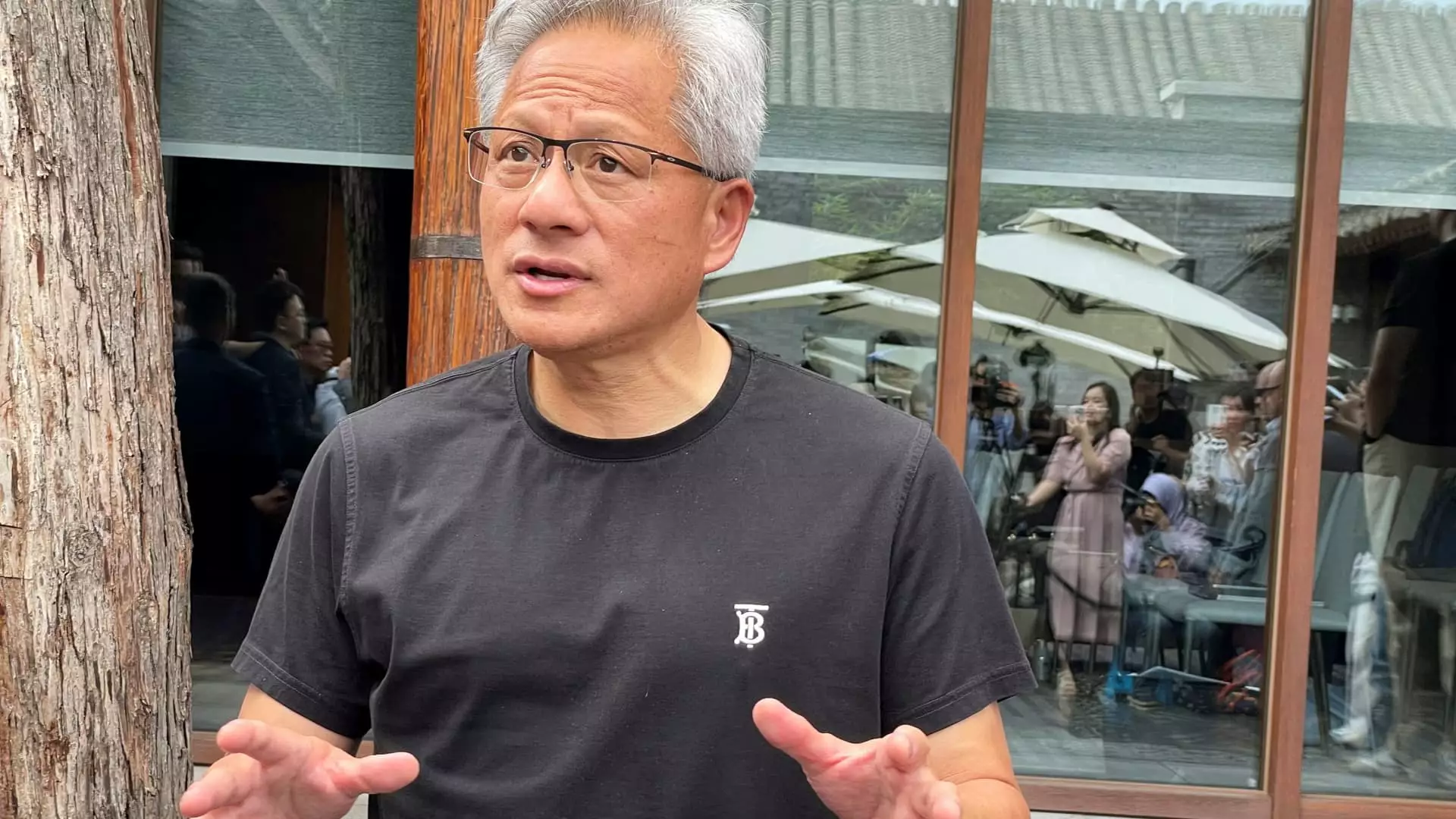In the rapidly evolving world of artificial intelligence and data infrastructure, there exists a comforting but naïve belief that the tech giants behind these innovations prioritize security and sovereignty. Companies like Nvidia, which spearhead the development of high-performance data center GPUs, often project an image of unwavering security and integrity. However, this veneer of trustworthiness is increasingly challenged by geopolitical tensions and the lingering shadow of hidden vulnerabilities. Despite Nvidia’s outright denials of sophisticated “kill switches” or backdoors, the absence of transparent, independent audits raises alarms over whether these claims are truly reassuring or mere rhetoric to soothe regulatory concerns and public fears.
The core danger lies in accepting assurances without rigorous verification. Silicon Valley firms, while tirelessly lobbying to maintain access to lucrative markets like China, are incentivized to downplay or dismiss security fears that could jeopardize their international dominance. When Nvidia asserts that it “does not and should not have kill switches,” it sounds noble. Yet, lofty declarations can mask deeper issues, especially when the company is embroiled in geopolitical clashes, facing export restrictions, and subject to government scrutiny. Confidence in corporate security claims cannot be absolute, particularly when the stakes involve national security and global technological sovereignty.
The Politics of Trust and the Reality of Surveillance
The Chinese government’s accusations about Nvidia’s chips harboring backdoors reflect a broader, more uncomfortable truth: trust in U.S.-based tech firms is fragile in an era marked by conflicting national interests. While Nvidia vehemently denies such claims, the Chinese authorities insist on transparency, emphasizing perceived vulnerabilities as evidence of potential threats. These accusations are not entirely unfounded when viewed through a realist lens—governments are naturally suspicious of foreign technology, especially in sensitive sectors like AI and data security.
Yet, this dynamic highlights a fundamental flaw in how we envision trust in these corporations. Relying solely on Nvidia’s word is imprudent when the entire geopolitical environment is riddled with competing interests and espionage fears. For the U.S., preventing China from gaining a technological edge is a matter of strategic imperative, which complicates the narrative of free-market fairness. This entanglement underscores why trusting a single corporate entity—or even a handful of them—without accountability is a dangerous gamble.
The Broader Implications for National Security and Free Markets
The debate around hardware backdoors and kill switches isn’t merely theoretical; it strikes at the essence of sovereignty and the integrity of global markets. The U.S. government’s restrictions on export of Nvidia chips to China exemplify the tension between free enterprise and national security. While policymakers aim to limit China’s access to cutting-edge AI hardware, the economic fallout is significant—billions in lost revenue and diminished innovation prospects. Nvidia’s CEO Jensen Huang advocates for making their chips a global standard, but this aspirational goal belies the reality that the trustworthiness of these chips is compromised by geopolitical suspicion.
Furthermore, the idea that hardware backdoors could be used maliciously — or even accidentally — highlights a critical failure in cybersecurity architecture. The very notion of embedding “kill switches,” whether for security or control, creates perilous vulnerabilities rather than safeguards. If such features are secretly embedded, they could be exploited by foreign governments, malicious hackers, or even unscrupulous insiders, leading to catastrophic consequences. That potential for abuse undermines the very premise of a free, fair, and secure digital economy.
The Need for Vigilance and Robust Oversight
Moving forward, skepticism toward corporate and governmental claims about security must be the norm, not the exception. Independent verification, open source hardware scrutiny, and international standards should be prioritized over corporate assurances. Governments must step up in establishing comprehensive oversight mechanisms that hold tech giants accountable, ensuring that security claims are backed by verifiable audits rather than corporate propaganda.
Additionally, policymakers need to recognize the critical importance of maintaining a balanced approach that safeguards national security without stifling innovation. Overly aggressive restrictions risk crippling the development of essential technologies, thereby ceding global leadership to adversaries. A nuanced, center-right approach—encouraging innovation within a framework of transparency and accountability—is paramount to preserving the integrity of Western technological leadership in AI.
Ultimately, industry leaders like Nvidia would serve their long-term interests better by embracing transparency, fostering independent audits, and eschewing the temptation to embed hidden backdoors. Trust is a fragile asset in this digital age, and it must be earned through consistent, demonstrable commitment to security and integrity—fundamental principles that any responsible player in this arena cannot afford to ignore.

